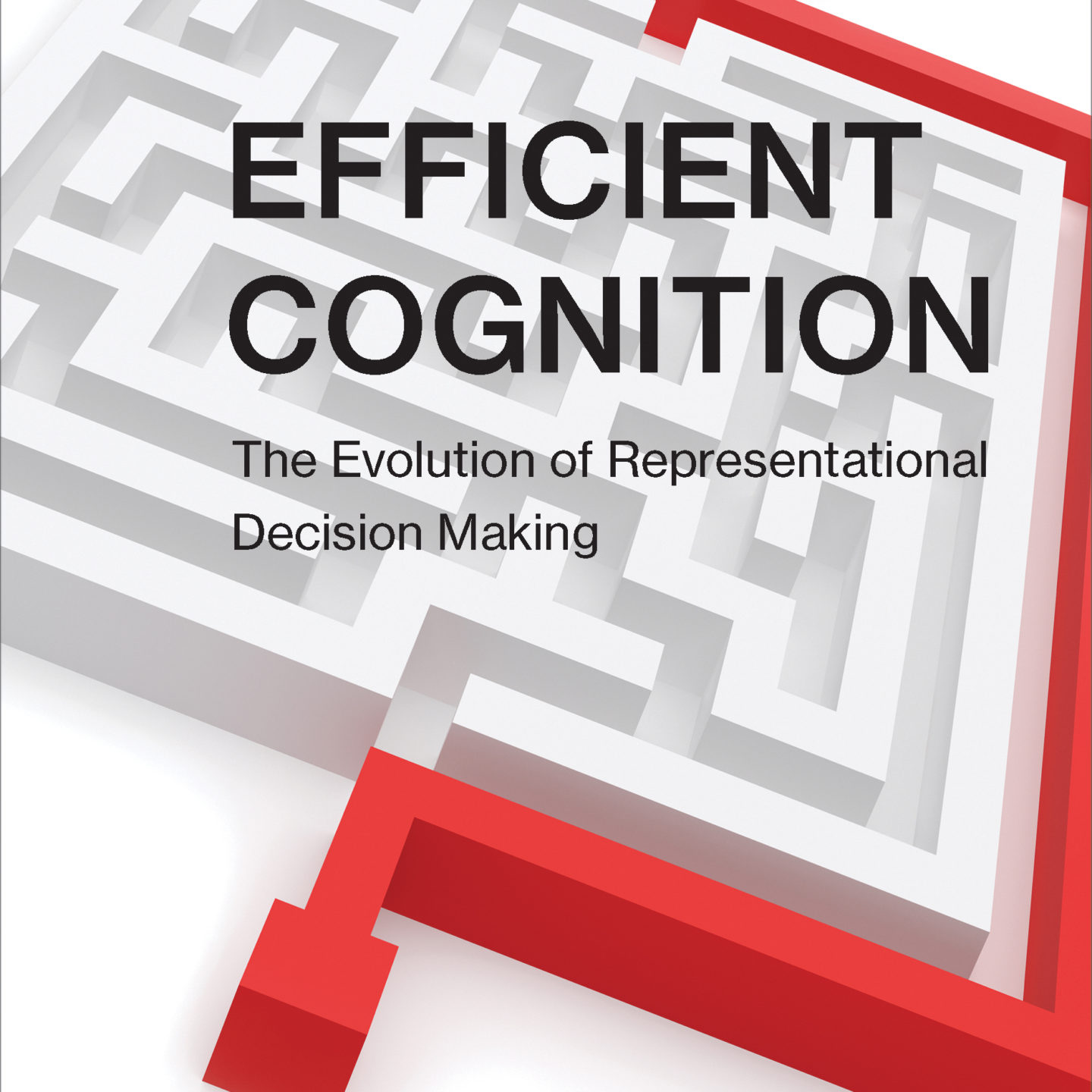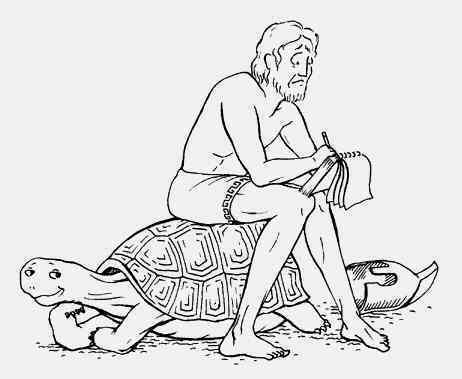Foundations of the Investigation of the Evolution of Representational Decision Making
Before it is possible to begin the investigation of the evolution of representational decision making it is necessary to address three foundational issues: (1) The nature of representational decision making—what is it that we are investigating? (2) The reality of representational decision making—why think that representational decision making is a …






